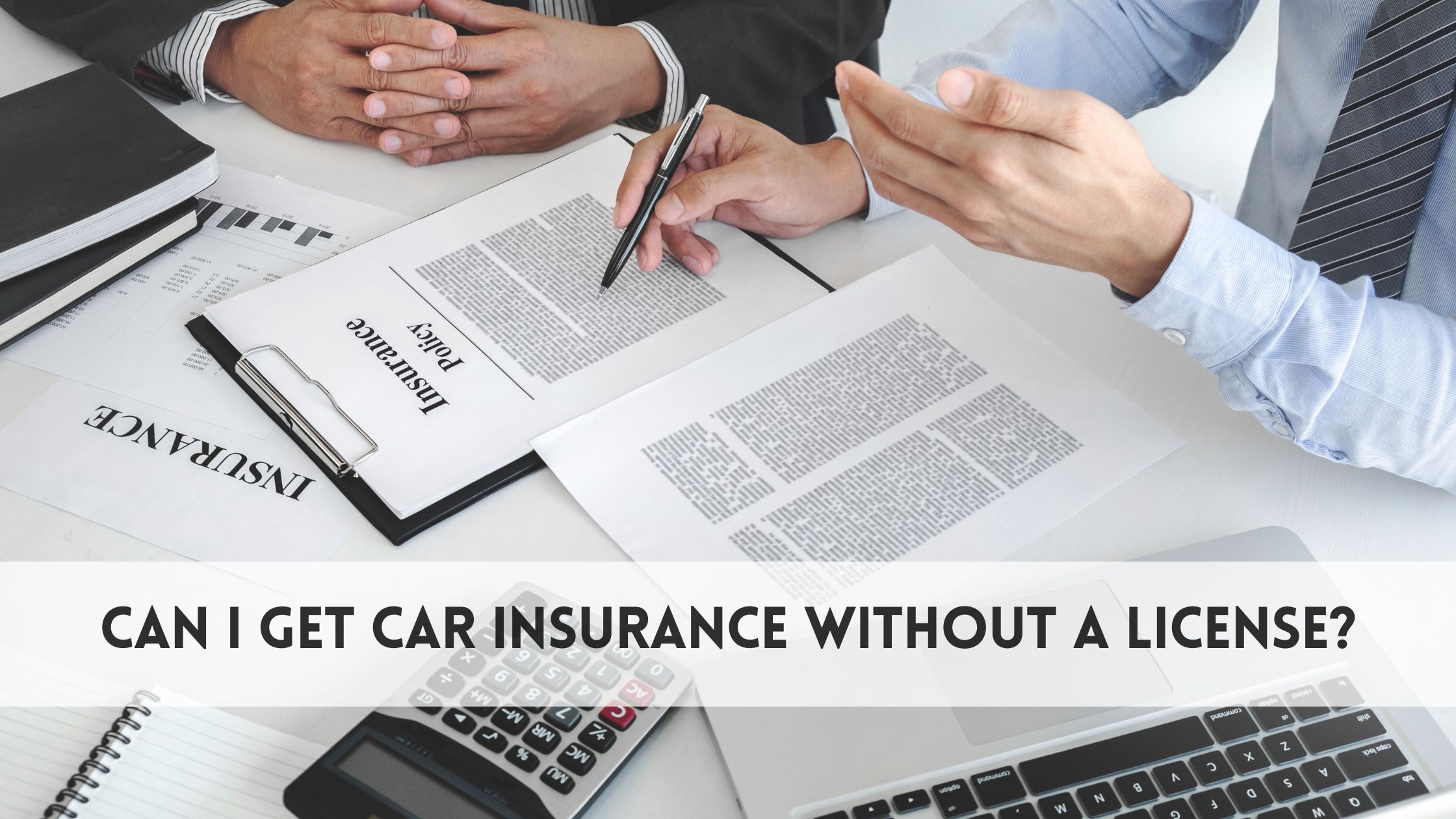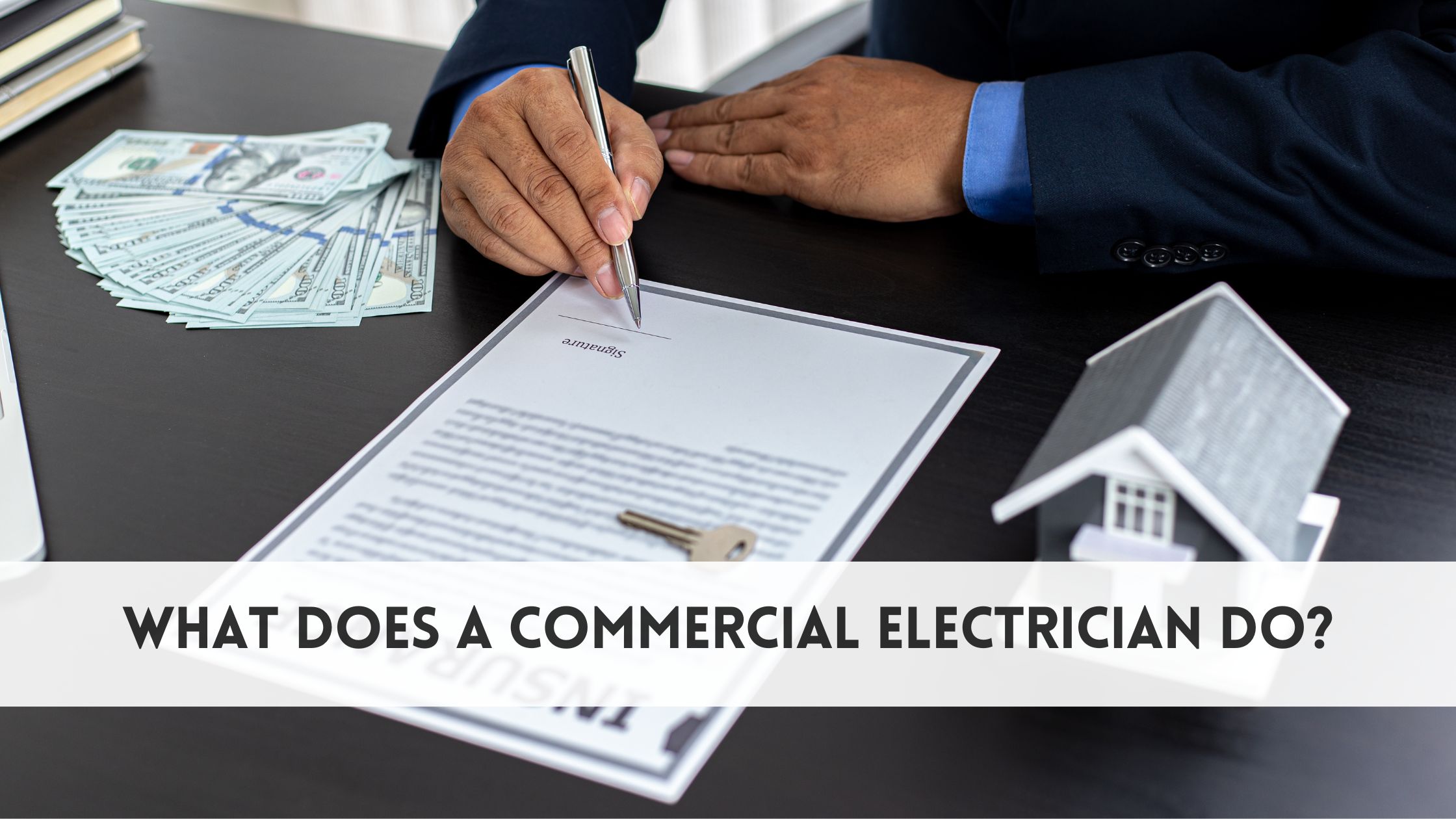Employers Liability Insurance Vs Workers Compensation: Key Differences Explained

Employer liability insurance and workers’ compensation are two essential coverages designed to safeguard both businesses and their employees. While both aim to safeguard the workforce, they serve different purposes and can sometimes lead to confusion. Understanding the distinctions between employers liability insurance vs workers compensation is crucial for businesses that prioritize employee safety and legal compliance.
According to the National Safety Council, a worker is injured on the job every seven seconds in the USA. This amounts to over 4.6 million work-related injuries per year, emphasizing the critical role these insurance policies play. For employers, ensuring the safety of their workforce is essential, but accidents happen. To be fully protected from the financial and legal ramifications of workplace injuries, understanding the role of these two insurance types is paramount.
In this article, we’ll break down the differences between employers liability insurance (ELI) and workers compensation insurance (WCI), helping you understand which coverage your business needs—and why both are often critical.
Employers Liability Insurance vs. Workers Compensation: Ultimate Comparison
| Factor | Employers Liability Insurance | Workers Compensation |
| #1. Purpose | Covers employer’s legal liability for employee injuries | Provides wage replacement and medical benefits for injured workers |
| #2. Coverage Scope | Covers claims not included under workers compensation | Covers medical expenses and lost wages due to workplace injuries |
| #3. Legal Requirements | Typically not mandatory but recommended | Legally required in most states/countries for employers |
| #4. Claim Types | Negligence, wrongful termination, third-party claims | Workplace accidents and injuries, regardless of fault |
| #5. Benefit to Employer | Protects from lawsuits initiated by employees | Ensures employees get timely medical and wage benefits |
| #6. Limitations | Limited to specific legal claims | Only covers workplace-related injuries and illnesses |
| #7. Who Pays? | Employer’s insurance provider covers legal expenses | Insurance covers employee’s medical costs and wage replacement |
| #8. Examples of Covered Scenarios | Employer negligence, unsafe working conditions | Slips, falls, machinery accidents, repetitive stress injuries |
What Is Employers Liability Insurance?
Employers liability insurance (ELI) is an additional layer of protection for businesses. It’s typically included in workers compensation policies but serves a different purpose. ELI helps cover costs when employees file lawsuits for damages that go beyond the coverage of Workers Compensation.
Over $62 billion is paid out annually in U.S. civil liability lawsuits. Employers liability insurance is a safeguard against these potentially costly legal battles.
Employer liability insurance is especially valuable in high-risk industries like construction, manufacturing, and healthcare, where employees face increased hazards. While workers compensation covers employees’ direct medical and rehabilitation costs, ELI steps in when an employee or their family sues the employer for negligence, unsafe working conditions, or prolonged exposure to harmful substances.
Employers liability insurance generally comes with set coverage limits, typically in the range of $100,000 to $5 million, depending on the policy. This insurance protects businesses from costly legal claims that could otherwise bankrupt them.
What Is Workers Compensation Insurance?
Workers compensation insurance (WCI) is designed to provide financial compensation for employees who are injured or become ill due to their work. The key difference between workers compensation and employers liability insurance is that WCI is no-fault insurance. This means that employees do not need to prove employer negligence to receive benefits.
In 2021, U.S. employers paid over $100 billion in workers compensation premiums, with an average claim cost of $41,000. This highlights the significant financial burden businesses can face without the proper coverage.
WCI typically covers a broad range of benefits, including medical expenses, lost wages, rehabilitation, and even death benefits. The policy ensures that employees can focus on recovering without the added stress of medical bills and lost income.
What Is the Difference Between Employers Liability Insurance Vs Workers Compensation?
Though both types of insurance protect employers from financial losses related to workplace injuries, they serve different functions.
Purpose:
Employers Liability Insurance (ELI): This policy provides protection when an employee sues the employer for negligence or unsafe work conditions. It steps in to cover the legal costs and any settlements awarded by the court.
Workers Compensation Insurance (WCI): This is a no-fault system designed to provide immediate financial and medical assistance to employees who are injured or become ill due to their job, regardless of who is at fault.
Legal Requirement:
Workers Compensation Insurance: In most states, workers compensation is mandatory for businesses. Employers are required to provide coverage for their employees, and failing to do so can result in severe penalties.
Employers Liability Insurance: This type of insurance is typically optional but highly recommended. It is often included as part of workers compensation policies but can be purchased separately for businesses seeking additional protection.
No-Fault Coverage (WCI) vs. Negligence-Based Coverage (ELI):
Workers compensation insurance provides no-fault coverage, meaning the injured employee does not need to prove employer negligence to receive benefits.
Employers liability insurance, however, requires the employee to prove negligence, unsafe work conditions, or exposure to harmful substances to be compensated. ELI typically covers legal costs associated with the claim.
For Example: An employee slips on a wet office floor.
Workers Compensation would cover their immediate medical expenses, lost wages, and rehabilitation services.
Employers Liability Insurance would protect the business if the employee later sues, claiming that the company was negligent in not properly marking the wet area.
What Claims Does Employers Liability Insurance Cover?
Employers liability insurance (ELI) provides protection for employers when employees or their families file lawsuits claiming the employer’s negligence. Unlike workers compensation, which operates on a no-fault basis, ELI requires proof that the employer’s actions or unsafe conditions led to the injury or illness. Here are some common claims covered under ELI:
- Negligence-Based Lawsuits: If an employee sues the employer, alleging that their injury resulted from unsafe working conditions or employer negligence, ELI helps cover legal costs and potential settlements.
- Third-Party Claims: An employee might sue a third party, such as a machinery supplier, for their injury. If the third party then sues the employer, ELI steps in to cover this.
- Loss of Consortium: If an employee’s injury or illness affects their spouse’s ability to receive companionship or care, the spouse may file a lawsuit. ELI helps cover these claims.
- Consequential Bodily Injury: This applies when a family member of an employee becomes injured or ill due to the employee’s work-related condition (e.g., exposure to harmful chemicals).
Employers liability insurance covers legal fees, settlements, and court costs associated with these claims, offering businesses a vital layer of financial protection.
What Claims Does the Workers Compensation Insurance Cover?
Workers compensation insurance (WCI) provides no-fault coverage, ensuring that employees receive benefits without needing to prove employer negligence. The types of claims typically covered by WCI include:
- Medical Expenses: This covers the cost of medical treatment, surgeries, hospital stays, and medication related to the injury or illness.
- Lost Wages: WCI provides compensation for wages lost while the employee is recovering and unable to work.
- Rehabilitation: This includes physical therapy, occupational therapy, and other rehabilitation services necessary for recovery.
- Permanent Disability: If an employee cannot return to work due to a permanent disability, WCI offers long-term financial support.
- Death Benefits: In the unfortunate event that an employee dies due to a work-related incident, WCI provides financial benefits to their dependents.
Workers compensation ensures that employees are financially supported during recovery, without the stress of proving fault.

Employers Liability Insurance Vs Workers Compensation Cost
Understanding the cost difference between employers liability insurance and workers compensation is essential for businesses aiming to protect their employees and themselves from financial risks. Both types of insurance serve crucial roles, but they come with different price points and coverage scopes.
Employers Liability Insurance Cost
Employers liability insurance (ELI) is generally more affordable than workers compensation. This policy is often included as a part of workers compensation insurance, but additional standalone coverage can be purchased for extra protection.
On average, employers liability insurance costs between $100 to $150 per year for most businesses. The cost is typically lower because ELI only comes into play when an employee files a negligence-based lawsuit, which is less frequent than the everyday claims covered by workers compensation. For businesses in low-risk industries, the cost remains minimal, making it a cost-effective option for extra legal protection.
Workers Compensation Insurance Cost
Workers compensation insurance (WCI), on the other hand, tends to have higher premiums. The cost is determined by various factors, such as the industry, payroll size, and the number of employees. Workers compensation premiums range from $500 to $3,000 per year for small businesses like retail stores, while industries with higher risks, such as construction, may pay $10,000 to $20,000 per year. The reason for the higher premiums is that WCI covers a wide range of incidents, including medical expenses, lost wages, rehabilitation, and death benefits, making it essential for nearly all businesses.
Conclusion
Understanding the differences between employers liability insurance vs workers compensation is essential for any business owner. While workers compensation Insurance is mandatory in most states and provides no-fault coverage for employee injuries and illnesses, employers liability insurance offers an additional layer of protection in the case of negligence-based lawsuits. Both types of insurance play a critical role in protecting businesses and employees alike.
By having both types of coverage, employers can ensure they are fully protected against the financial and legal repercussions of workplace accidents. Balancing the costs of these policies is an investment in long-term business stability and employee well-being. Ultimately, the choice between workers compensation insurance vs employer liability insurance isn’t a matter of either-or—having both is the safest approach for any responsible employer.
Hull Maynard Hersey Insurance Agency in Woodstock, VT specializes in providing comprehensive workers’ compensation coverage tailored to meet your business needs. Protect your employees and your business with our expert guidance and personalized plans. Contact us today for a free consultation and ensure the safety of your workforce!



